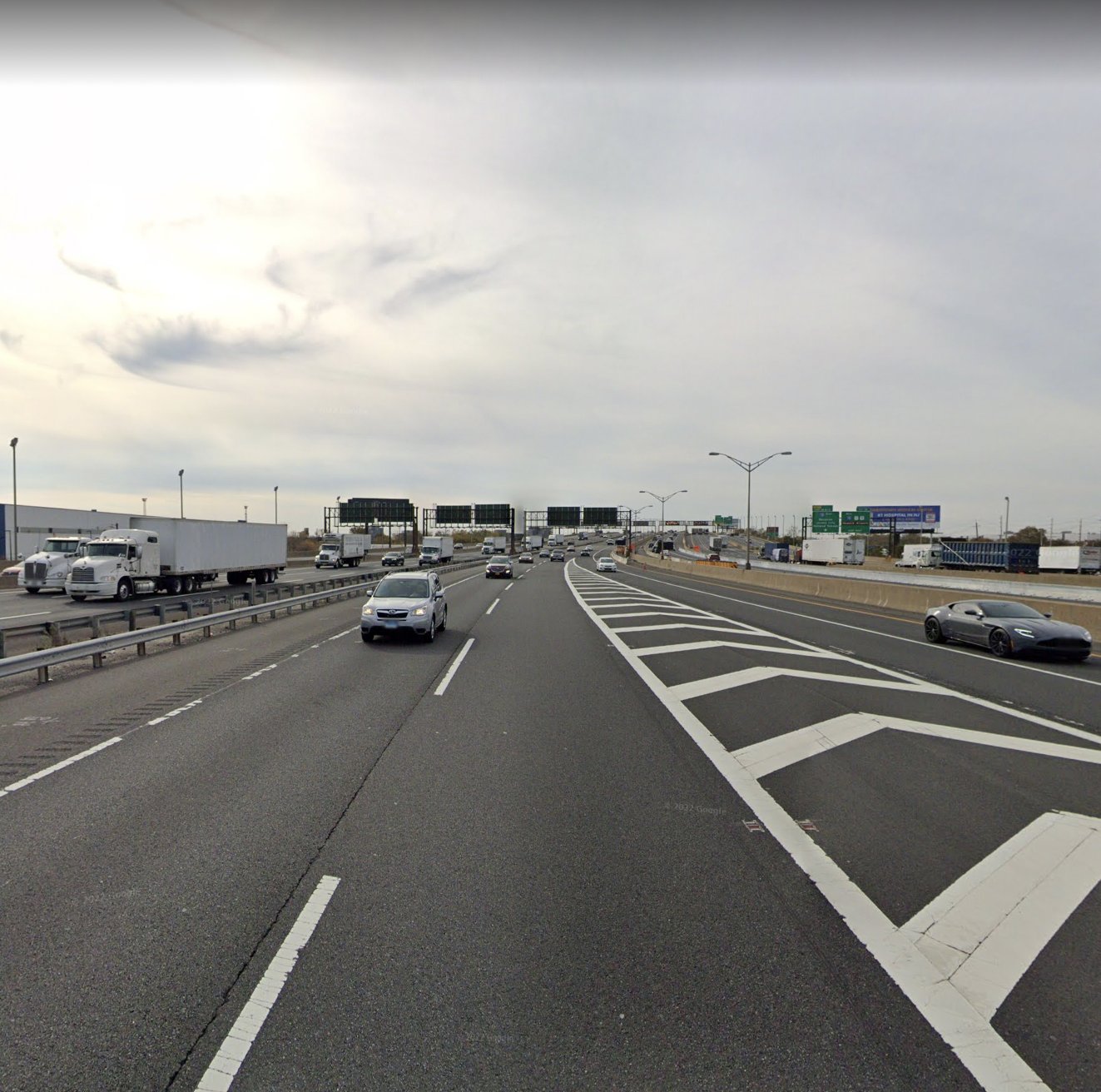National Highways has begun work on a £37 million project to reconstruct and replace a section of the A12 concrete road surface. The work between junctions 25 and 26 is part of the government’s nationwide initiative to revitalise concrete roads throughout the country. The concrete road surface will be completely removed as will some of the foundations. Later, the road will be rebuilt with recycled material and a new asphalt road surface.
The A12’s upgrade project will also include the installation of new kerbs, the refurbishment of the drainage system. This is as well as the replacement of safety barriers, new road markings, and the installation of new reflective road studs.
Read Also: Estonian energy group to develop Saare-Liivi offshore wind farm
Significance of A12 upgrade project
“The A12 is one of the region’s most important roads, helping to link London with Suffolk. It is an significant route every day for work journeys and home deliveries. This is as well as visits to friends and family, and the movement of goods and services,” said programme delivery manager Karl Brooks. “The road is in desperate need of repair. Once completed, it will benefit the 80,000 drivers who use this carriageway on a daily basis. This is from increased safety, a smoother road surface, and reduced noise.”
National Highways is spending £400 million over the next three years to improve the quality of old concrete roads across the country. It is part of the current (2020-25) Road Investment Strategy. Concrete roads account for nearly 400 miles (4%) of the strategic road network. They are mostly found in the country’s east, in the North East, Yorkshire, East Anglia, and the South East.
The work will be done in four phases. A two-lane contraflow system will keep the A12 open during the day. However, it will have overnight closures between 8 p.m. and 6 a.m. National Highways expects the project to be completed in early 2024.

